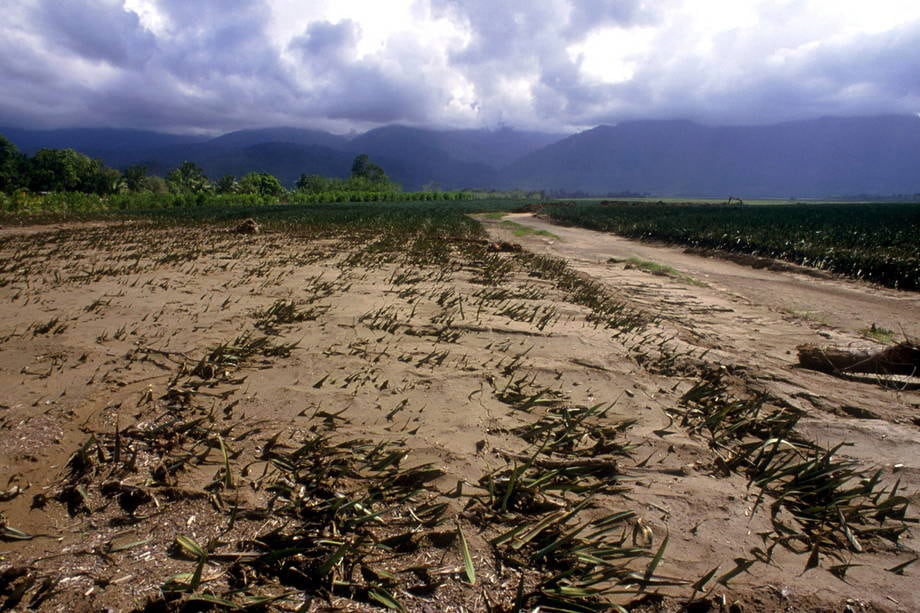The Federal Government has identified climate change as one of the major challenges hindering food security in the country. The Permanent Secretary in the Federal Ministry of Agriculture and Food Security (FMAFS), Dr. Ernest Umakhihe revealed this hint while speaking at the opening ceremony of a two-day capacity building workshop on the ‘Responsive Policy on Climate Change Adaptation for Smallholder Farmers and the Crucial Role of Media’, organised by Organisation of African Instituted Churches (OAIC) in Abuja.
Umakhihe, who was represented by Deputy Director, Department of Agricultural Land, Climate Change Management Services in the FMAFS, Dr. Michael Adegboye, assured that the ministry was determined to achieve food security in the country, regardless of the negative impact of climate change. The Permanent Secretary noted that the ministry is saddled with the mandate to ensure food security through paying proper attention to the development of crop and livestock production as well as stimulate agricultural production, supply of raw materials to agro-allied industries, but these enormous responsibilities are facing huge challenges due to climate change.

He thereby called on journalists at the workshop to understand and interpret weather and climate-related information to enable small holder farmers at the grassroots to understand the challenges of climate change as well as mitigation and adaptation strategies put in place by relevant authorities. A Professor of Agricultural Economics in the Department of Economics, Afe Babalola University, Ado-Ekiti, Samuel Igbatayo in his lecture titled; ‘The State of Climate Change in Nigeria: Causes, Consequences and Policy Framework’ said that Nigeria’s climate had been changing over time and that this is marked by increasing atmospheric temperatures, rainfall variability, sea level rise and flooding, droughts and increasing desertification, land degradation, more frequent extreme weather events, as well as loss of biodiversity.
Igbatayo noted that while the impacts of climate change are distributed across Nigeria, there is regional variability to the phenomenon. “Droughts and increasing desertification are on the rise in the north; on the other, flooding, erosion and rising sea levels are recorded in the south. The north has become more vulnerable to the impacts of the phenomenon. In a manifestation of the global climate change, Nigeria’s climate has become increasingly irregular, characterised by extreme dry or raining seasons. The phenomenon has unleashed droughts and excessive floods, undermining agriculture and increasing collateral damage.
Speaking further, he identified low crop yield, loss of income, public health crisis, reduced hydro-electricity power supply, among others, as the result of severe impact of climate change in Nigeria. He however, said that Nigeria had embraced climate change adaptation strategies over the past decade, with favourable outcomes. The Regional Secretary of OAIC, Dr. Victor Ivoke, earlier in his address pointed out that the workshop was aimed at empowering journalists with the necessary knowledge and tools to effectively report on climate change and its impact on smallholder farmers.

